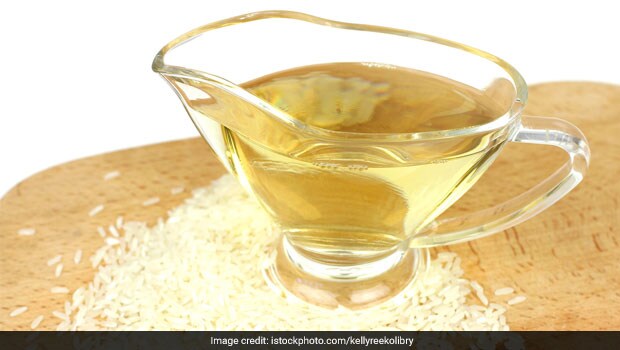Chinese food wouldn't have been loved so much had it not offered the edginess of sourness and tanginess in its various dishes. Vinegar is credited to enhance the flavour of our favourite noodles. Vinegar is an acidic liquid that is made by fermentation of foods containing ethanol (like wine and rice) or natural sugar. Sugar is converted into alcohol with the help of yeast, which is fermented again to make vinegar. Vinegar is mostly used to cook light, healthy meals. It infuses a unique tart taste and balances the flavours in a way that minimises the requirement of other unhealthy ingredients like butter, cream, excessive sugar, oil etc. It also cuts down fat in the meals and helps in maintaining blood sugar and cholesterol levels.
Vinegar is not commonly used in day-to-day dishes in Indian households, probably that's why we don't know the various health benefits it offers. You may not know that there's a huge variety of vinegar available in the market, each kind offering its own unique properties and usage.
Different Kinds Of Vinegar Commonly Used In Households -
White Vinegar –
This one is most commonly found in Indian kitchens. This vinegar is made from grain-based ethanol or acetic acid, which is mixed with water to make it more soluble and suitable for cooking. Due to its strong flavour, white vinegar is mostly used to add pungency in foods and is also helpful in cleaning around the house.
(Also Read: Make Vinegar At Home)

White vinegar is made from grain-based ethanol or acetic acid
Rice Vinegar –
This pale yellow variety is sweeter in taste as compared to other vinegars. It is made from rice wine and is mostly used to marinate meats or make dips and dressings.

Rice vinegar is sweeter than other kinds of vinegars
Balsamic Vinegar –
Balsamic vinegar is made straight from grapes and contains no alcohol. It is blackish in colour and the sweetest of all the varieties of vinegar. You can use it for salad dressing or use as a sauce/dip for finger foods.

Balsamic vinegar is made straight from grapes and contains no alcohol
Apple Cider Vinegar –
Other than adding mild sourness to dishes, apple cider vinegar provides various other health benefits, especially for skin and hair. It is made from apple cider and thus, contains a distinct fruity tone. It can be used to cook non-vegetarian dishes, oatmeal, smoothies etc.
(Also Read: 10 Proven Benefits Of Apple Cider Vinegar For Skin And Hair)

Apple cider vinegar provides various health benefits
Coconut Vinegar –
Made from sap of the coconut palm, coconut vinegar lends authentic Asian flavours to Thai meals (like Thai curry) and some South Indian dishes.

Coconut vinegar is made from sap of the coconut palm
Wine Vinegar –
Red wine vinegar is a bit more pungent and acidic than white wine vinegar. Wine vinegars are mostly used to prepare European dishes like stir-fry vegetables and Mexican salsa.

Wine vinegars are mostly used to prepare European dishes
There are a number of other vinegars like champagne vinegar, sherry vinegar, cane vinegar and beer vinegar. But, the above-listed varieties are more preferred and used across the world for healthy and flavourful eating.
About Neha GroverLove for reading roused her writing instincts. Neha is guilty of having a deep-set fixation with anything caffeinated. When she is not pouring out her nest of thoughts onto the screen, you can see her reading while sipping on coffee.







